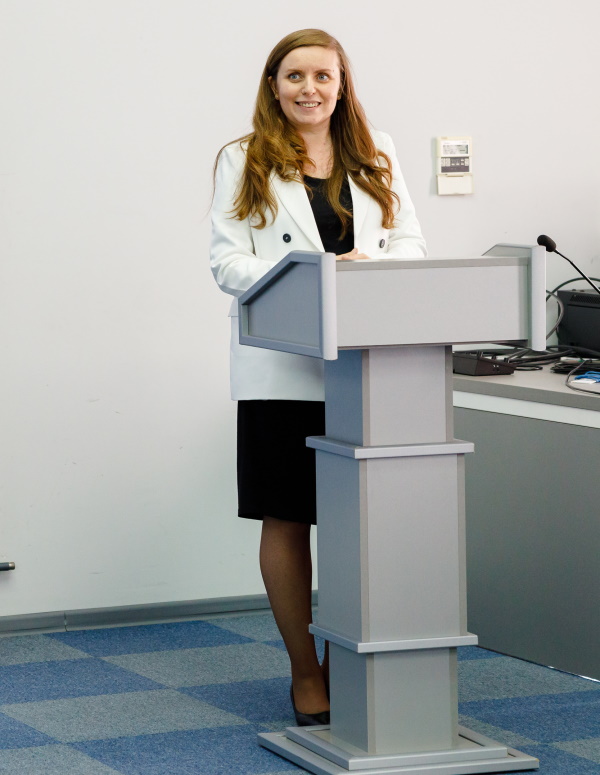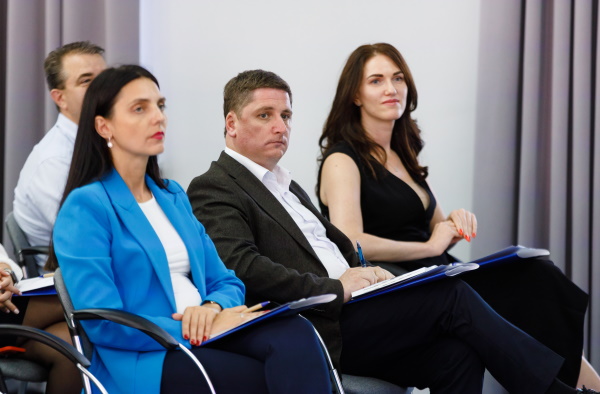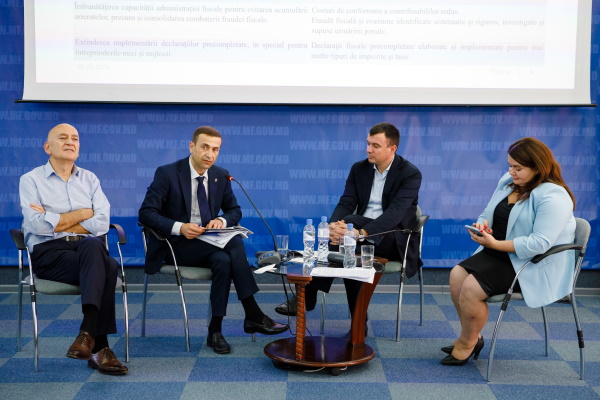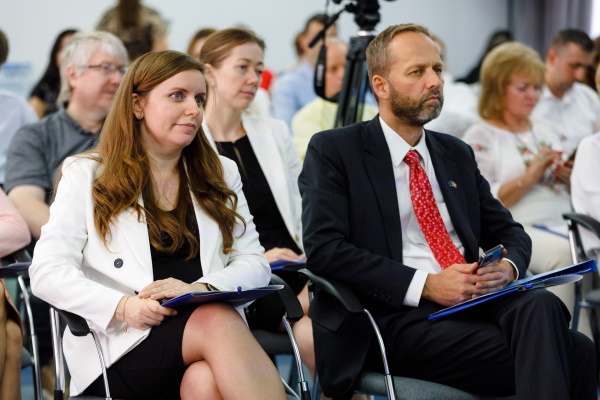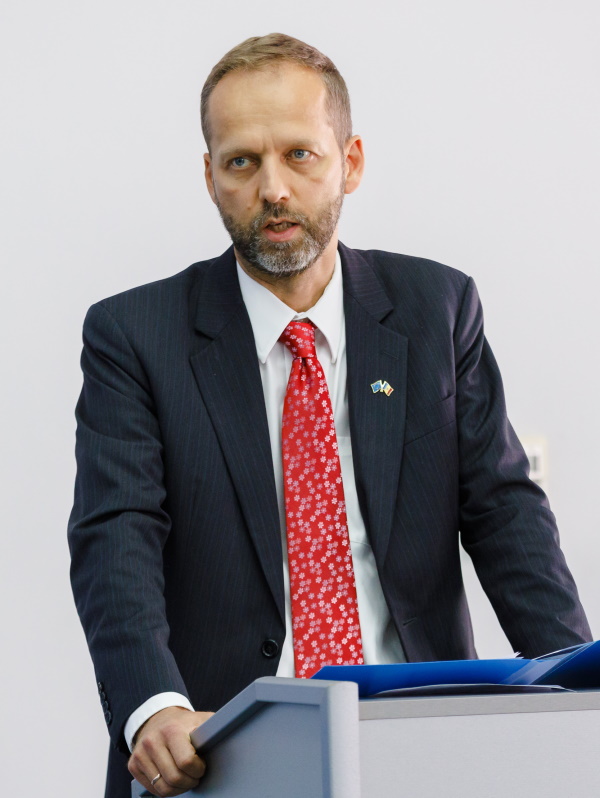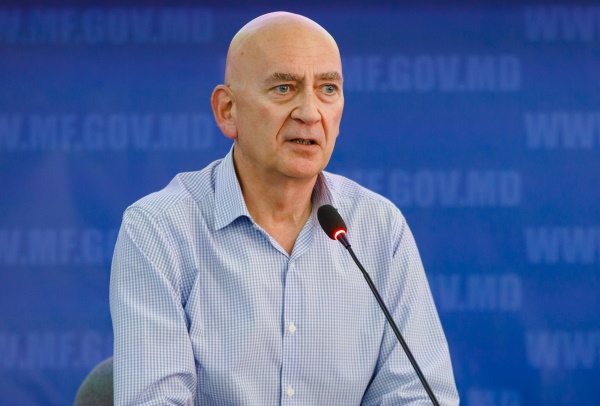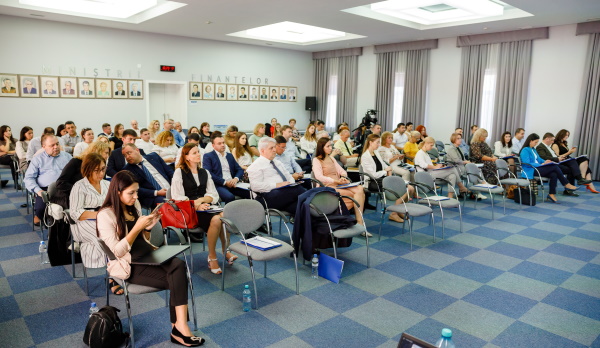On 26 September, the Ministry of Finance jointly with the EU High Level Advisers’ Mission, launched a public discussion on the implementation of the Public Finance Management Strategy (PFMS) 2023 – 2030. The event focused on the component 5: “Tax and customs policies and revenue management", and brought together over 70 participants: representatives of the Ministry of Finance, the EU Delegation, business community, civil society, development partners and media.
In the opening of the event, Minister Veronica Sireteanu stated that "The Public Finance Management Strategy is the document that contains a comprehensive, consistent, and credible framework for improving the efficiency of public spending, fiscal discipline, debt sustainability, and public finance. In the next 8 years, the Strategy will form the basis for further progress and modernization in the field of public finance. The discussions we are launching today and that we are going to have on each of the Strategy's components show our openness towards your opinion and input".
The Ambassador of the European Union to the Republic of Moldova, Jānis Mažeiks said: "The PFM reform is undoubtedly crucial for the development of the acceding countries, and our experience has also shown that in order to create support for the PFM reform it is very important to keep institutions, citizens and civil society well informed about the necessary steps forward".
During the workshop, the EU HLA on Customs & Tax Policy, Rosario De Blasio spoke about the importance of the Public Finance Management Strategy as a strategic document aimed at increasing efficiency, performance and transparency in public finances, thus continuing the logical chain of reforms initiated and implemented over the last period, in the context of Moldova’s EU integration process. Referring to component “Tax and customs policies and revenue management”, the EU HLA underlined that tax and customs policies must be oriented towards the creation of a national fiscal system integrated in the EU space, which guarantees that both citizens and businesses pay taxes in a simple, fair and correct way.
Next sessions that will be organize until the middle of November this year will cover the other components of the Strategy: Macroeconomic analysis and Budgetary framework, Budget development and planning, Budget execution, Accounting and reporting, Public Internal Financial Control, Public Procurement and Transparency in Public Finance.
